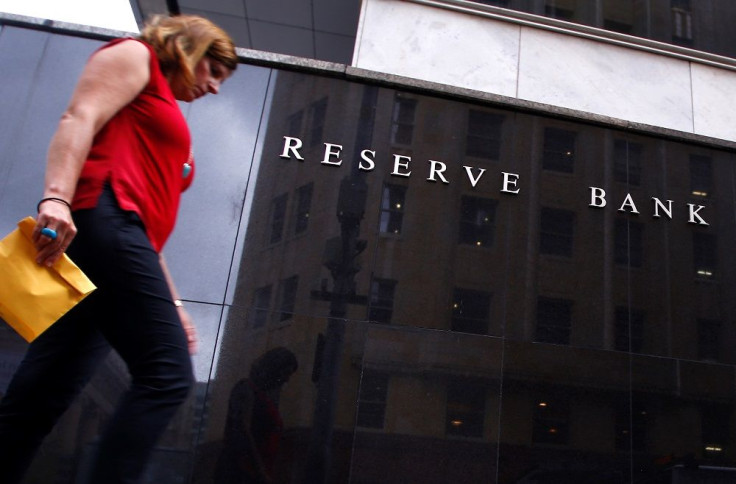Australia breaks world economic record for longest time without a recession

Australia’s economy rose by 0.3 percent in the March quarter based on the official figures released on Wednesday. It climbed 1.7 percent over the past year.
The growth in the nation’s economy was bigger than what economists have anticipated. The economy forecast was for it to rise by 0.1 percent in the quarter and to have climbed by 1.4 percent over the 12 months to March 2017.
The official figure shows Australia has broken the world record for the longest run of consecutive quarters of economic growth. The Australian Bureau of Statistics (ABS) declared on Wednesday the GDP was up to 1.1 percent in the December quarter.
Following Wednesday’s figures, the implied chance of an official interest rate cut by year end dropped to 15.6 percent from 21.6 percent on Tuesday. It is believed the weak growth in the first quarter may suggest the effect of a storm that caused a trail of destruction in eastern Australia. The tropical cyclone kept people at home for days and resulted to curbed exports of commodities like steelmaking coal from mines in Queensland state, primarily because of flood-damaged rail lines.
Regardless of a quarter of negative growth in 2016, the nation managed to clock up more than 25 years without a technical recession since emerging from it in mid-1991. That’s perceived as a better track record compared to almost any other advanced economy in the past quarter-century.
Economy’s future
Before the official figures were released, Treasurer Scott Morrison has foreshadowed weaker outcomes in the current year and reportedly warned that the future of Australia’s economy is not secure yet. "As a result of the anticipated negative impact of temporary weather-related factors, Treasury prudently revised down the budget forecast for real GDP growth in 2016-17," Sydney Morning Herald quotes him as saying.
Meanwhile, Reserve Bank Governor Philip Lowe said economic growth was still likely to increase gradually over the next years to a little above 3 percent. On Tuesday, the Reserve Bank opted to leave interest rates on hold at record lows.
The Reserve Bank expected growth would return to more positive territory in the next two years. The board reportedly opted to leave monetary policy unchanged because of the "slow growth in real wages.” Other reasons are due to the falls in iron ore and coal prices and mixed housing market outcomes, while inflation moved back towards Reserve Bank’s target of between 2-3 percent.
Meanwhile, South Africa is reportedly hit by second recession in eight years. For more of this news, watch the video below.
Read More:
Household debt-to-income ratio climbs as Aussie incomes go to huge mortgages, high rent
Australia's lowest paid workers to get pay rise of $22.20 per week from July 1
FRANCE 24 English/YouTube





















